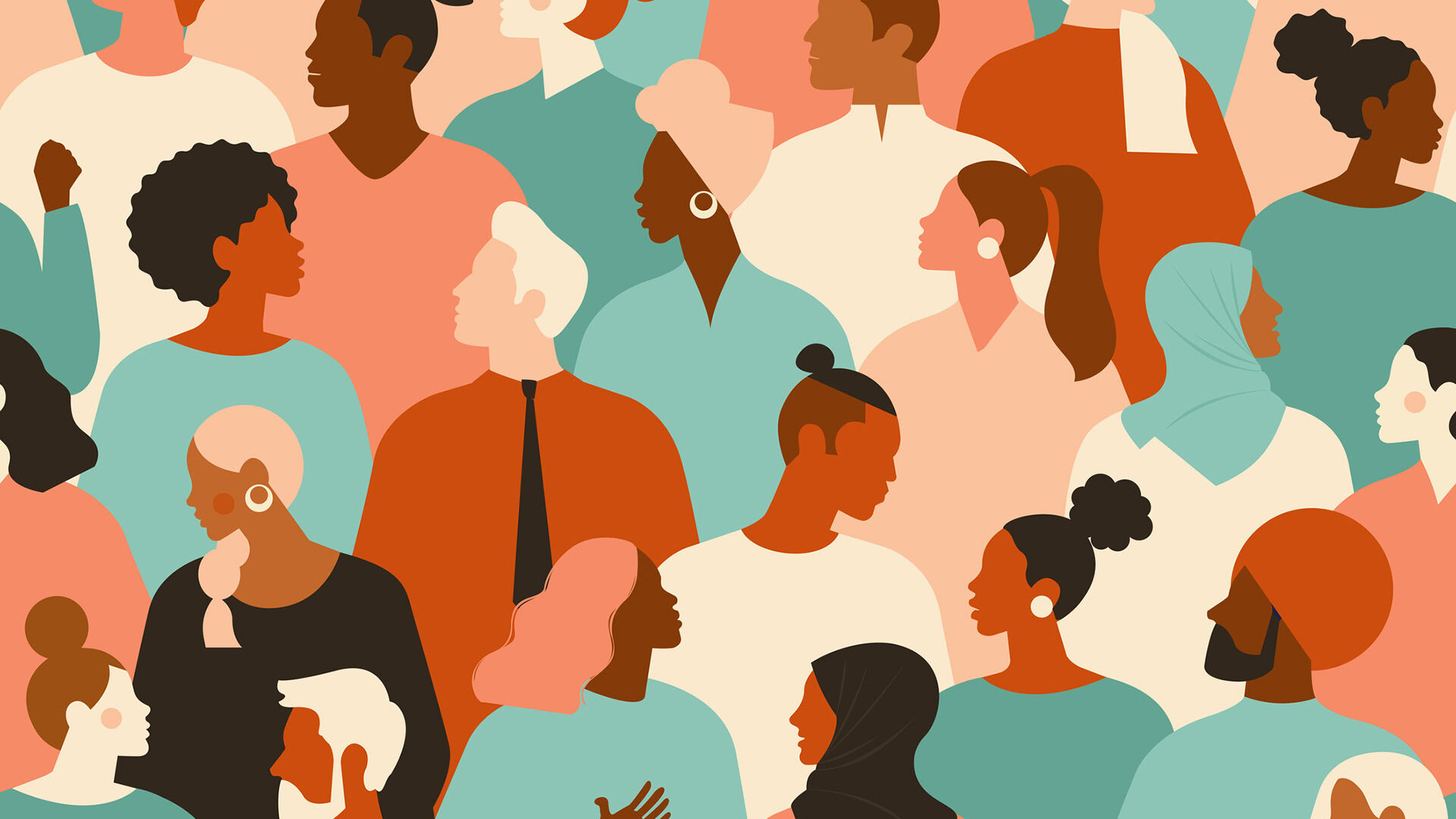K12 News: Volume 2

K12 News: Volume 1
THE RESTORATIVE WAY
Restorative Justice philosophy and framework is grounded in ancient traditions of indigenous peoples using Circles to work out conflict and issues. Its history greatly influences our approach to community building in schools, resolving conflict, and engaging dialogue around difficult topics in schools and other environments and systems. Our goal is the continued transformation of school culture where everyone feels they belong. It includes the whole community, teachers, staff, students, parents, administrators, and caregivers. The school’s professional learning community is strengthened using intentional restorative skills sets and practices. Practices that are used daily in classrooms and through everyday social interactions in schools of teachers, staff and students. Restorative Practice brings people together to be healers and helpers to each other.
In schools, we enlist a multi-tiered approach that naturally supports other existing constructs such as Trauma Informed Care and Positive Behavioral Instructional Support (PBIS) and/or other Multi-Tiered Systems of Supports for Schools. (MTSS). We meet schools and educators where they are today in the development of their professional learning community. Whether we are implementing a district wide approach, school level approach, or smaller scale implementation of restorative practice, we move through a tiered process. Tier 1 is Community Building/Relationship Building, Tier 2 is Managing Conflict, Tier 3 is Repairing Harm and Re-Integration. Tier 1 focuses on building restorative practice skill sets that include circle process, shifting to a more restorative mindset, cultivating restorative language and phrasing, and radical hospitality. We intentionally create safe spaces, use circle process that build relationships with staff, administrators, students, parents, and everyone inside the schoolhouse. We shift from punitive mindsets to reparative mindsets and learn about dignity, respect, and mutual concern. How does our cultural history, values, and beliefs, impact who we are and how we treat and interact with others.
Educators learn how to fluidly utilize the host of RJE resources provided throughout implementation and commit to restorative learning and share out the “restorative way” with peers and students. Also, students over time participate in peer-to-peer circles and dialogues, learning how to resolve difficulties and conflicts. Schools incorporate practices in classrooms, common spaces, policies and codes of conduct, redefining their professional learning environment. Using culturally inclusive data and evaluating evidence-based outcomes that lead to the next transformative restorative process. Restorative Justice in Education is never a program, but a framework that allows education to teach children and adults to use their minds, to learn how to feel and relate, so that as adults they can learn new knowledge and interact responsibly with others throughout life.
If you wish to learn more about Restorative Justice in Education and/or more information contact: Diana Queen at the Kentucky Center For Restorative Justice, KCRJ at diana.queen@kcrj.org or telephone (859).797.6558. Also, more general information is provided on this website. You may also contact Susie Bookser at Community and Restorative Justice - Covington, Inc (CRJ-C), susie@rjcovington.org
